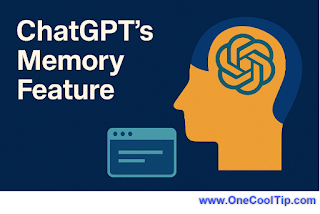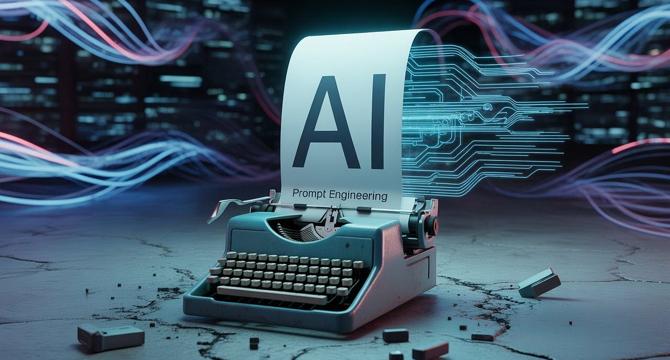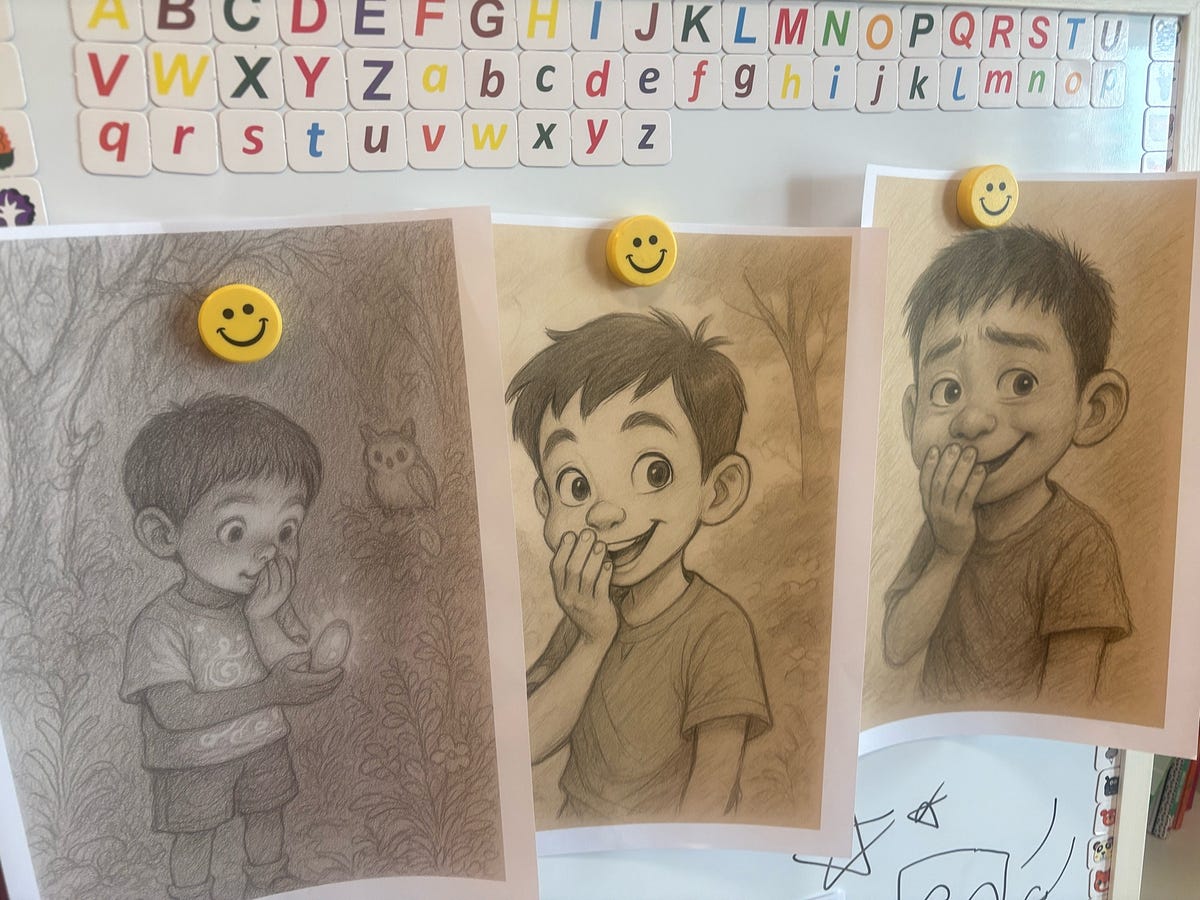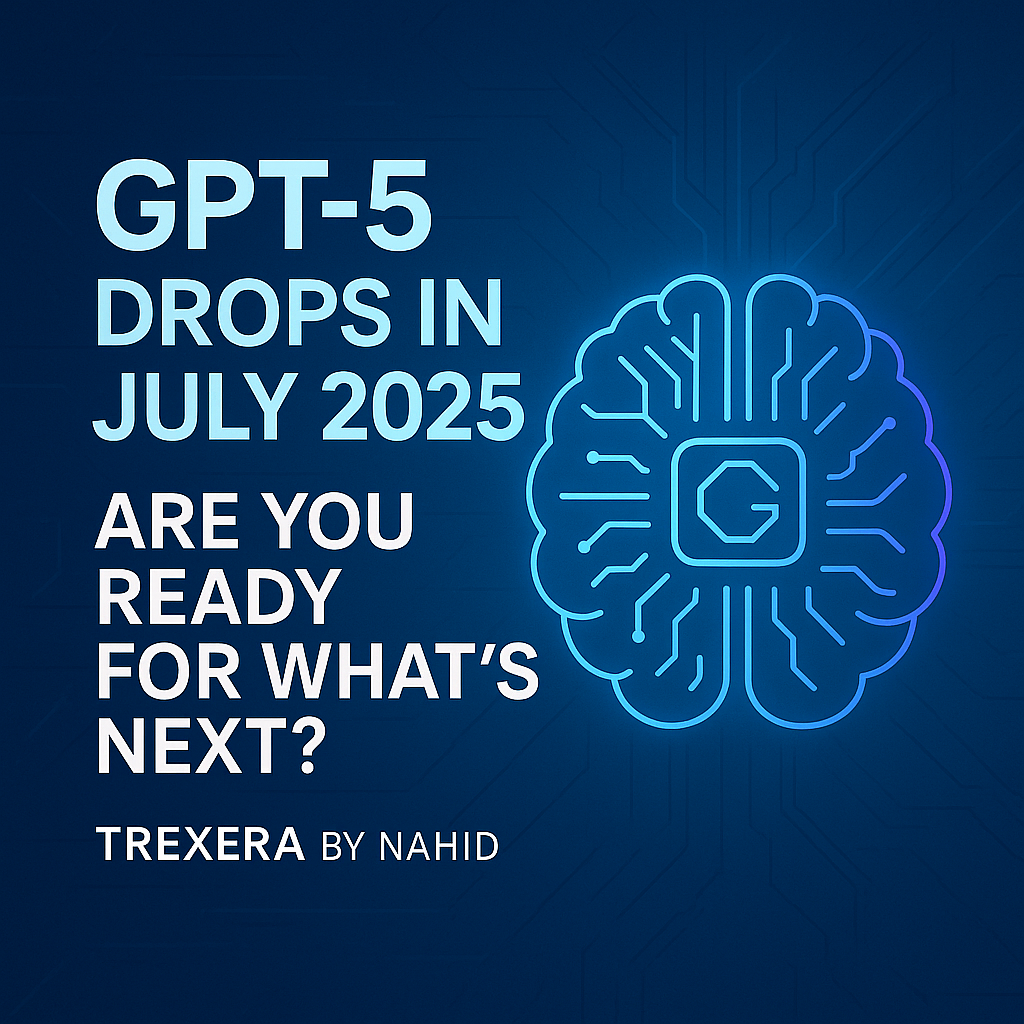AI News
Global Fintech Series
354

Image Credit: Global Fintech Series
Wiv.ai Launches Game-Changer: The First FinOps Agent That Actually Takes Action
- Wiv.ai has launched Wivy, the First FinOps Agent that can take action, revolutionizing FinOps by enabling automated execution of operations powered by artificial intelligence.
- Wivy allows teams to perform tasks like identifying unattached EBS volumes, handling top tasks for the day, finding resources without proper tags, and recommending cost-saving rightsizing for instances.
- The agent integrates with major cloud platforms, communication tools, and management systems, adapting to organizations' specific workflows and processes.
- Wivy ensures privacy by not learning on customer data and allowing customers to use their own AI models, leading to improved response time, cost savings, task accuracy, and continuous operation for organizations.
Read Full Article
21 Likes
Global Fintech Series
425

Image Credit: Global Fintech Series
Diversify Partners with Jump to Boost Advisor Productivity with AI-Powered Productivity Tools
- Diversify partners with Jump to provide advisors with AI-powered productivity tools to enhance client meetings, documentation, and follow-ups.
- The collaboration enables Diversify advisors to access Jump's suite of intelligent tools, streamlining workflows and reducing administrative burdens.
- Advisors have reported increased productivity with Jump, allowing them to focus on building trust with clients and meeting their needs effectively.
- Diversify aims to empower advisors by removing barriers and offering world-class support, reinforcing its commitment to assisting advisors in serving clients efficiently.
Read Full Article
19 Likes
Dev
80

Image Credit: Dev
A Summer of Security: How Google’s AI-Led Cybersecurity Push Is Changing the Game
- Google launched a series of cybersecurity advances under 'A Summer of Security,' introducing groundbreaking shifts for cybersecurity worldwide.
- The key takeaways include Big Sleep AI for vulnerability finding, Secure AI Framework for secure AI design, FACADE & Timesketch for analyst support, and CoSAI for collective intelligence.
- These advancements aim to enhance threat detection, integrate security by default in AI, empower analysts with AI tools, and promote shared intelligence to combat emerging threats.
- Google is deploying region-specific security measures in India to help prevent cybercrime, emphasizing real-time fraud warnings and AI-driven filters to protect users.
Read Full Article
4 Likes
Insider
34

Image Credit: Insider
Nvidia stock jumps after the AI titan says it can sell some of its top chips to China again
- Nvidia stock surged 5% after the announcement of resuming sales of H20 chips to China.
- CEO Jensen Huang met with President Trump to discuss US AI dominance goals.
- Morgan Stanley CIO sees this as a positive sign for the AI sector.
- The US government will allow Nvidia to ship H20 chips to China again, potentially boosting margins.
Read Full Article
1 Like
Pymnts
143

Image Credit: Pymnts
Google AI Chatbot Target of Potential Phishing Attacks
- A security threat in Google's AI chatbot was discovered by researchers.
- The issue involves a prompt-injection flaw that allows cybercriminals to create phishing or vishing campaigns by embedding malicious prompts in emails.
- Google is implementing updated defenses to combat prompt injection-style attacks after discussions in a company blog post.
- The breach of McDonald's AI hiring chatbot also highlights the importance of cybersecurity strategies in the face of evolving cyber threats.
Read Full Article
8 Likes
Medium
21

The Art of the Algorithm: How AI is Revolutionizing Visual Storytelling
- AI is evolving in visual storytelling from simple image generation to becoming a partner in ideation and creation, speeding up processes significantly.
- AI tailors content to individual viewers, leading to hyper-personalized experiences and strong engagement.
- AI streamlines visual production processes, reducing time and costs, democratizing high-quality content creation.
- AI provides analytical capabilities for creators to optimize visual content performance and refine narratives for better resonance.
Read Full Article
1 Like
Medium
246

Image Credit: Medium
ChatGPT’s Memory Feature: A Game-Changer for Personalized AI Conversations
- OpenAI introduces the Memory feature in ChatGPT, allowing AI to retain information from past interactions for personalized responses.
- The Memory feature enhances conversations by remembering details like names, preferences, and past topics, making interactions more context-aware.
- The feature is available to Pro and Plus subscribers, with gradual rollouts for Team, Enterprise, and Education users. Free-tier users may see limited access.
- While offering personalized and efficient AI interactions, users should be mindful of privacy implications and manage settings accordingly.
Read Full Article
14 Likes
Medium
343

Image Credit: Medium
Prompt Engineering Is Dead, Why AI Prompt Systems Are the Future
- AI prompt systems are seen as the future because the traditional approach of simply inserting prompts for AI lacks consistency and leads to frustration.
- The concept of prompt systems transforms AI from a tool into a thinking partner by setting expectations, defining roles, and establishing a collaborative system.
- By creating specific job descriptions for AI roles, defining workflows, and using quality filters, AI can deliver more tailored and original results over time.
- Architecting systems for AI collaboration not only enhances AI performance but also forces individuals to clarify their own goals, decision-making processes, and desired outcomes.
Read Full Article
20 Likes
Medium
190

Image Credit: Medium
Project 2 — 2: How My Kids Invented Characters with ChatGPT: A Cross-Subject Summer Projec
- A summer project involved kids creating characters with ChatGPT's help.
- ChatGPT assisted in explaining DNA, character traits, and emotional character design.
- Kids enjoyed creating characters in different styles and learned about identity representation.
- They struggled with AI-generated characters but found success when providing clear prompts.
- The project ended with kids designing their characters based on their secrets.
Read Full Article
11 Likes
Medium
122

Image Credit: Medium
Biology Doesn’t Play Fair: Why AI Alone Won’t Save Drug Discovery
- Biology is complex and doesn't follow linear patterns, rendering AI-driven drug discovery challenging.
- AI models optimized for correlation rather than causation can lead to failure in wet lab experiments and patient harm.
- Modern biomedicine requires understanding the entangled and multi-layered nature of diseases, moving away from oversimplified models.
- The future lies in embedding AI within biological logic, validated through causal systems, and acknowledging the complexity of biological systems.
Read Full Article
7 Likes
Medium
344

Image Credit: Medium
GPT-5 Drops in July 2025 — Are You Ready for What’s Next?
- GPT-5 is set to be released in July 2025, promising to be more humanlike, context-aware, multimodal, and fast.
- The evolution from GPT-3 to GPT-5 signifies a significant shift in how AI tools impact work, writing, creativity, and thinking processes.
- Anticipated benefits of GPT-5 include personalized content creation at scale, quick creative brainstorming, enhanced voice-driven search optimization, and AI tools that reflect individual style.
- The focus should be on embracing and adapting to the advancements in AI, as they are meant to enhance and elevate current capabilities rather than replace human roles.
Read Full Article
20 Likes
TechCrunch
244

Image Credit: TechCrunch
Rwazi raises $12M Series A to help companies with consumer insights and intelligence
- Rwazi, a startup founded in 2021 by Joseph Rutakanga and Eric Sewankambo, has raised $12 million in a Series A funding round led by Bonfire Ventures to help companies with market intelligence and consumer insights.
- Rutakanga identified a lack of usable consumer and market-level data in international markets like India, Brazil, Mexico, Japan, Turkey, and China, leading to the development of an AI-powered intelligence software system based on zero-party data voluntarily shared by consumers in real time.
- The funding will be used to scale AI technology, hire more engineers, and expand infrastructure for capturing consumer data from 190 countries. Rwazi's clients include major companies like Coca-Cola, Pampers, Visa, and Nestle.
- Rwazi faces competition from companies like GFK and Ipsos but differentiates itself by providing real-time insights and actionable intelligence without relying on modeled or inferred data.
Read Full Article
14 Likes
Dev
50

Image Credit: Dev
Agent Mode With Third-Party Models in Copilot
- GitHub Copilot users can incorporate third-party AI models like Claude, GPT-4, or Grok in Copilot's Agent Mode.
- A workaround involves creating a local proxy chain to maintain tool calling capabilities while using models through OpenRouter.
- An open-source project, copilot-ollama, simplifies setting up the proxy to enable full Agent Mode functionality with third-party models.
- Customization options are available for selecting and configuring different AI models, offering cost-efficient access to cutting-edge capabilities.
Read Full Article
2 Likes
Hackernoon
122

Image Credit: Hackernoon
Meet Mend.io: HackerNoon Company of the Week
- Mend.io is HackerNoon's Company of the Week, offering an AI native application security platform.
- Mend.io, based in Boston, Massachusetts, provides tools for building a mature, proactive AppSec program.
- Mend.io's platform secures AI-generated code, automates compliance, and provides an enterprise-scale view of risks.
- Mend.io has partnered with HackerNoon for business blogging and boasts impressive integrations with tools like Cursor and Microsoft Defender for Cloud.
Read Full Article
7 Likes
Dev
341

Image Credit: Dev
🚀 Decode Any Codebase Visually: Introducing *NeuroCode Flow*
- NeuroCode Flow is a free tool designed to visually map out and navigate codebases like a GPS for developers.
- Features of NeuroCode Flow include automatically mapping out the codebase, visualizing file and function connections, aiding in understanding project architecture, and speeding up tasks like onboarding, debugging, and refactoring.
- It is particularly useful for developers working with large or legacy codebases, collaborating in teams, improving documentation efficiently, and streamlining code navigation.
- NeuroCode Flow offers easy setup, allowing users to plug in their code and start exploring visually, compatible with various frameworks and languages.
Read Full Article
20 Likes
For uninterrupted reading, download the app